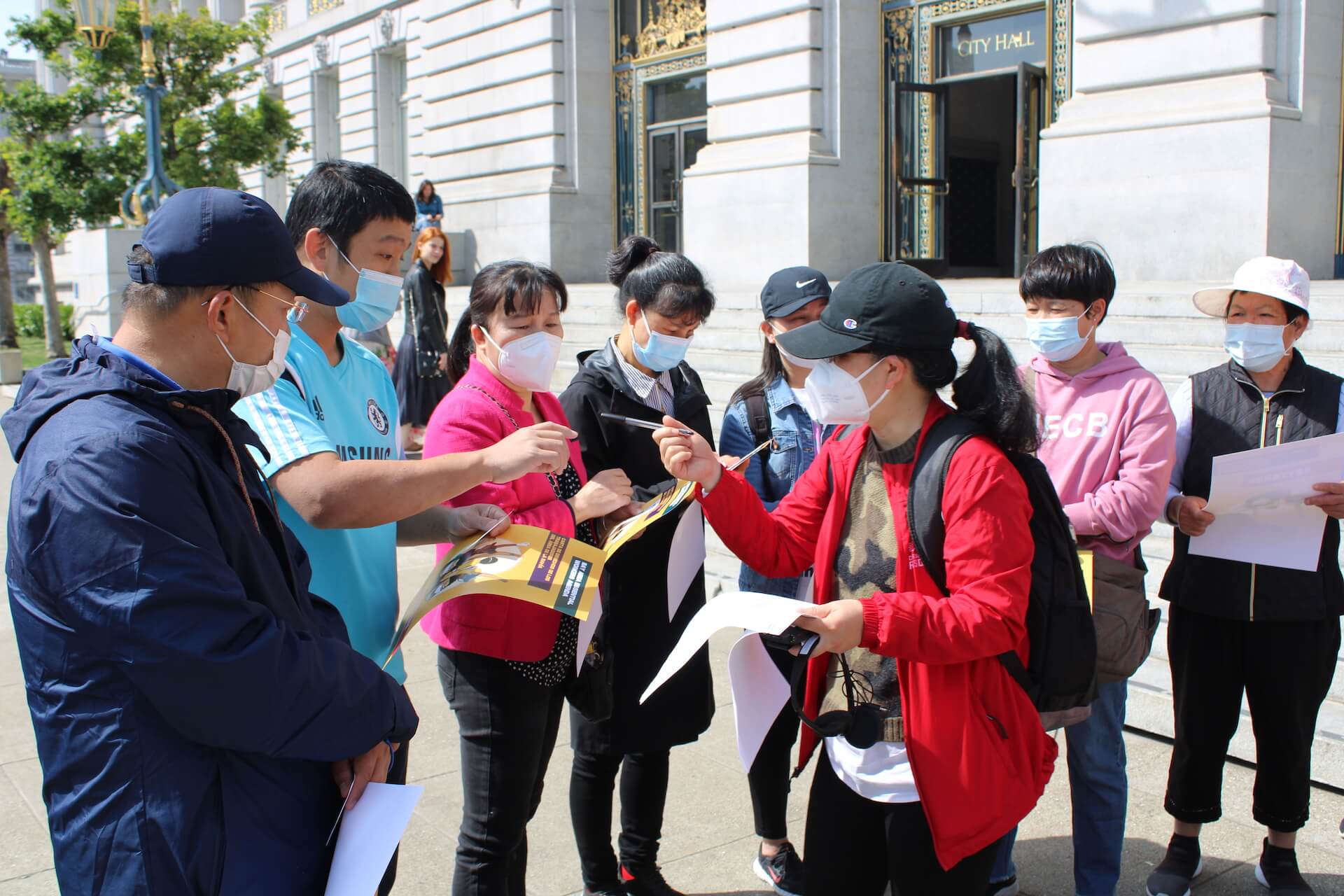Microsoft’s World of Warcraft workforce votes to unionize








While AI often grabs headlines, the cause of sluggish wage growth and worker struggles lies elsewhere. For decades, policy decisions have shifted power dramatically in favor of employers, diminishing the leverage of typical workers. Stagnant wages and rising inequality stem from these policy choices, not technological advancements.
Key changes, such as the waning strength of unions, stagnant federal minimum wages, and shifting macroeconomic policies, have eroded workers’ bargaining power. Historical data shows that productivity growth, driven by technological change, has not been associated with higher unemployment or inequality. Instead, these issues arise from an extreme power imbalance between employers and workers.
The Biden Administration has acted to harness the potential risks of AI by directing the Department of Labor to create Principles for Developers and Employers when using AI in the workplace. These principles aim to ensure AI technologies benefit workers, protect their rights, and prevent biases in decision-making processes. They emphasize worker empowerment, ethical AI development, transparency, and responsible use of worker data.

|
Image credit: Nesa By Makers, via Unsplash
|
The Department of Labor’s principles emphasize worker empowerment, ethical AI development, human oversight, transparency, protecting labor rights, enabling workers, supporting those impacted by AI, and ensuring responsible use of worker data. These guidelines help businesses harness AI technologies while fostering a fair and equitable work environment.
To support workers, policymakers must strengthen social insurance systems, remove barriers to union organizing, and maintain accessible employment. These actions will empower workers to claim the benefits of technological advancements, including AI, and restore equitable growth in the labor market.
In a study by the Economic Policy Institute, it was found that AI and automation are likely to increase the productivity of workers but may also exacerbate existing inequalities in the labor market. The report highlights how AI technologies, if unregulated, could lead to job displacement, wage suppression, and increased surveillance of workers. It is crucial that the principles set by legislative bodies address these potential issues by ensuring that the benefits of AI are shared broadly among workers, not against.
Join us in advocating for stronger workers’ rights and examine how these principles are implemented by exploring our Systems Change Projects. Let’s work together to shape a future where technological progress uplifts workers and fosters inclusive economic growth.
In Solidarity,
Brianna, Janelle, + Rob
To read the full newsletter click here and to receive future newsletters, subscribe here.

